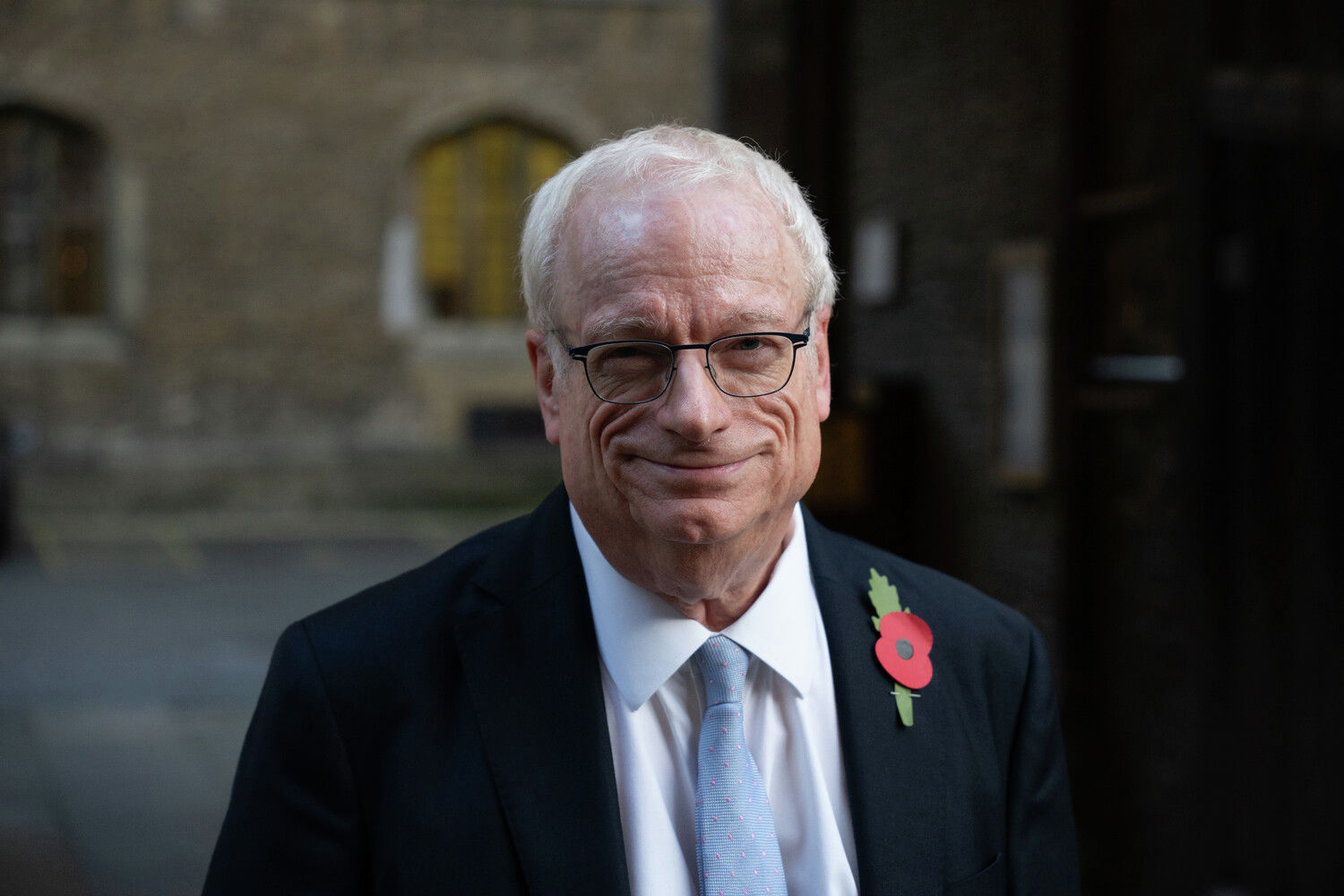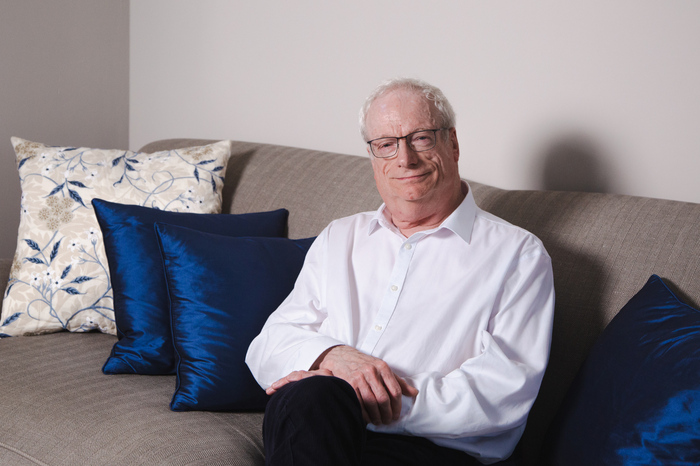Lord Smith, the new Chancellor of the University of Cambridge, has said he will place the defence of free speech at the centre of his role, in an exclusive and wide-ranging interview with Varsity.
Elected in a close contest in July, Smith told Varsity that there have been “occasions when Cambridge has hit the national press over particular freedom of speech issues”. He said his “number one” priority is “the defence of academic freedom and freedom of speech”.
While maintaining his commitment to freedom of speech, the Chancellor defended the University’s decision to seek injunctions on protestors over the last year.
Although he acknowledged the University should “enable and encourage protests,” the Chancellor insisted that Cambridge had “been right to seek very specific injunctions to protect the ability of all students to be able to take exams”.
Alongside freedom of speech, the Chancellor outlined his other priorities. They include “championing […] Cambridge as a centre for innovation and a catalyst for growth,” as well as “enabling the colleges and the University to work more closely and collaboratively together”.
Lord Smith also stressed the need to “make even further progress on widening participation” and make Cambridge a “welcoming and inclusive place” for any prospective student.
This statement comes amid the launch of the Cambridge University Society of Women (CUSW), an organisation criticised as “transphobic” by other student groups due to its criteria for membership, which is restricted to those designated as women at birth.
Asked about the ongoing debate surrounding women’s only spaces, the Chancellor said that “there is an important ability [sic] for women to be able to feel safe in spaces that are designated for them”.
However, he also said that the University must ensure transgender students “have spaces available to them as well” and trans people must have their needs “genuinely met”.
When pressed on the issue, the Chancellor seemed hesitant to commit to a University stance. While acknowledging that the University should remind the organisation “of the importance of inclusivity and welcome,” he told Varsity that “it’s not up to the University to tell the people who are creating this society what they should be doing”.
Asked about the tone of the discourse surrounding trans students in Cambridge, Smith seemed disappointed, and stressed the need to “humanise and personalise” the debate. He said that “we are talking about individual human beings here, frequently going through a really difficult and challenging period of their life, and our job has to be to support them”.
Yet the Chancellor’s commitment to free speech remains unshakeable. He mentions the philosophy professor Kathleen Stock, an academic who left the University of Sussex in 2021 after being criticised for her views on gender identity. “I disagree strongly with much of what Kathleen Stock has to say,” he told Varsity, “but I would defend her right to say it”.
In Smith’s view, academic freedom has to be “the bottom line”. He rejects “kowtowing to anyone […] trying to determine what a professor can or can’t research”. This comes amid the news that academics at Sheffield Hallam University were reportedly intimidated and pressured by Chinese officials.
Smith doesn’t want to cut ties with China, arguing that the University “can’t simply refuse to have anything to do” with “an increasingly important part of the current world,” but argues that “we need to get the balance right”.
This freedom of expression, he insists, should also extend to students. Once again, he reaffirms and reinforces his commitment to “protests that don’t provide […] disruption”. Yet this “very strong” support, he views, is consistent with the University’s costly use of injunctions to limit protest on its property, and some college-owned land.
A Varsity investigation has revealed the high spending involved with this action, as Trinity College, St John's College, and the central University spent over £400,000 on law firms to help tackle encampments on their sites. This spending is especially controversial in light of the Board of Scrutiny’s report, which warned that Cambridge’s financial position “remains of concern”.
The report projected a deficit of 39 million for the academic year 2025-26, albeit lower than in previous years due to controversial spending cuts – which Varsity has reported will deepen due to a miscalculation over the rate of inflation. While the Chancellor accepted that “the University’s finances are facing challenges,” he was keen to stress the nationwide picture.
Smith told Varsity that “this is something affecting higher education across the country”. The Guardian estimates that up to 10,000 jobs could be lost across the sector amid restructuring, and the Chancellor seemed eager to address the entrenched problems. He said he is “limbering up” to argue with the UK government.
“If [the government] are serious about wanting to promote economic growth, universities are a key part of that,” he urges. Smith envisions a bargain, whereby universities can “ramp up their ability to stimulate growth and educate the future generation of creative people in return for better funding of universities”.
Smith acknowledges Cambridge’s unique position and ability to challenge the government and influence national debate. Yet when asked about the University’s recent commitment to partial divestment from arms industries, the Chancellor is more circumspect. “It is not a simple issue,” he says, and it is “Up to the University Council to consider the Virgo report as carefully as they possibly can”. Smith is keen to stress that “it is not my place to tell them what to do”.
However, the Chancellor doesn’t hesitate when expressing his disappointment in the University’s alleged sustainability failings. The Board of Scrutiny claimed that the University is giving “the impression that sustainability is no longer a priority”. As a former chairman of the Environment Agency, it is not surprising that Smith feels the University’s sustainability objectives are “really important”. He directly urges his colleagues, who take the decisions, to “hold fast to the sustainability objectives that they have, and the progress to net zero” which he wants to see “as rapidly as possible”.
His conviction on this subject seems clear. While Smith admits his role is “primarily ceremonial,” and lacks the “direct decision making” of previous roles in government; he’s assured of the Chancellor’s potential to “nudge, persuade, and steer” debate and decisions within the University. Whatever decisions he steers, however, he wields his influence, and students will feel the effects.
The new Chancellor makes clear his message to these students: he tells them to “hold fast to your beliefs”. Smith urges them to “be determined in what you study here, and what you go on to do in the world, to make a difference”.
As to the difference he hopes to make during his tenure, Smith chuckles at the mention of his legacy in a job he began only a few months ago. “I would hope that by the time I depart as Chancellor, Cambridge will be a thriving, innovative, and inclusive University, and that I may have been able to play a little bit of a part in ensuring that it gets there”.


